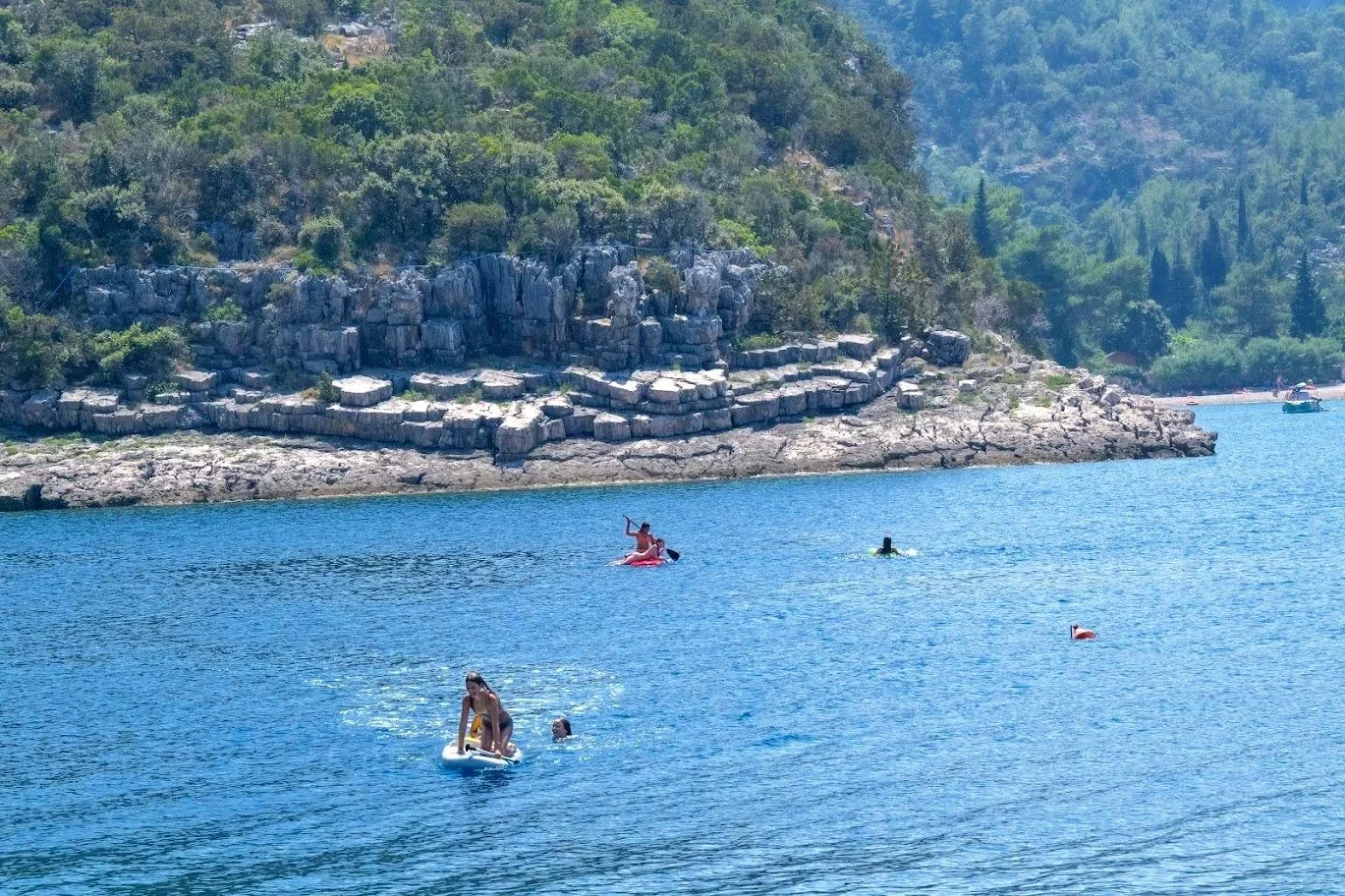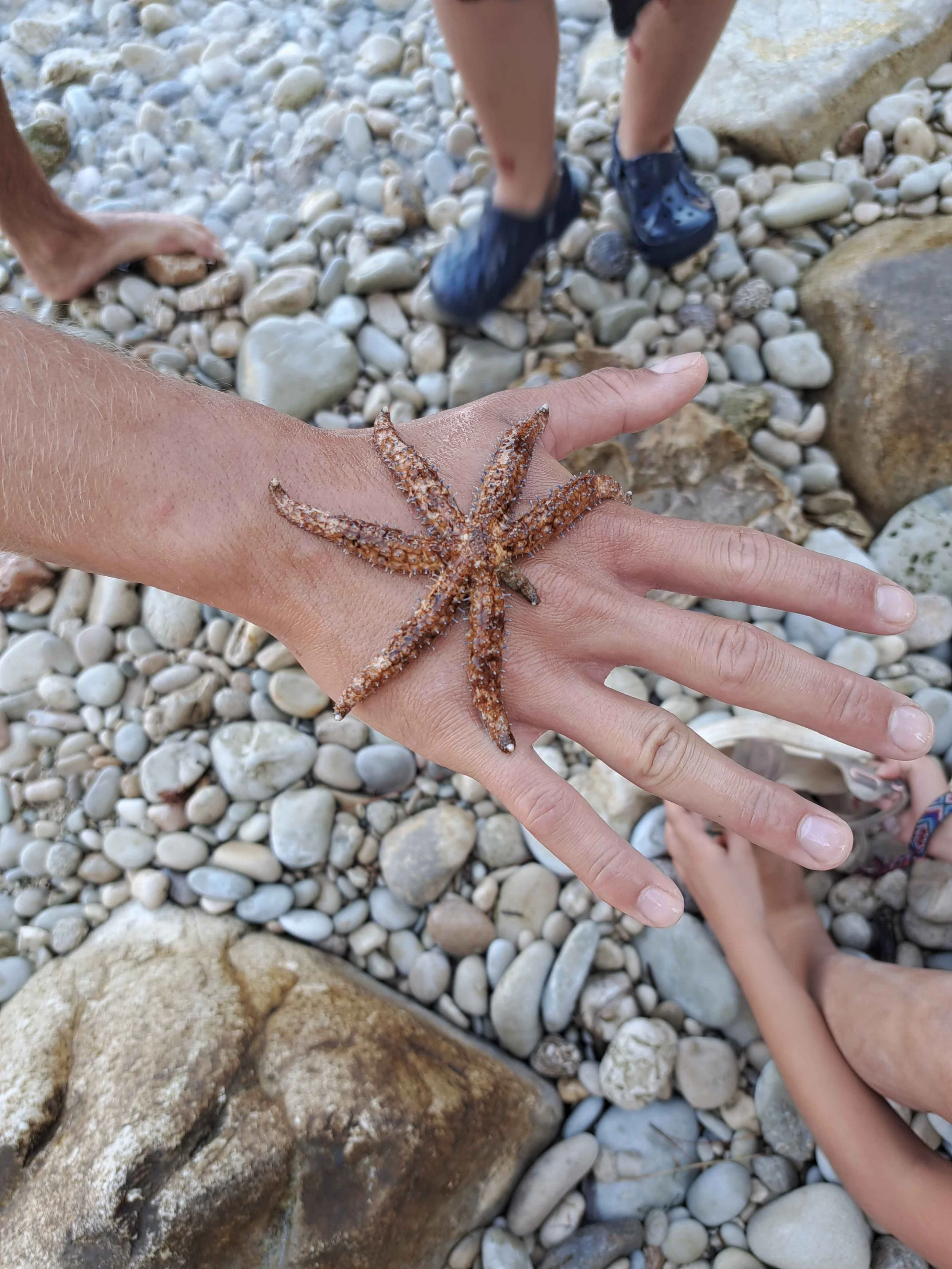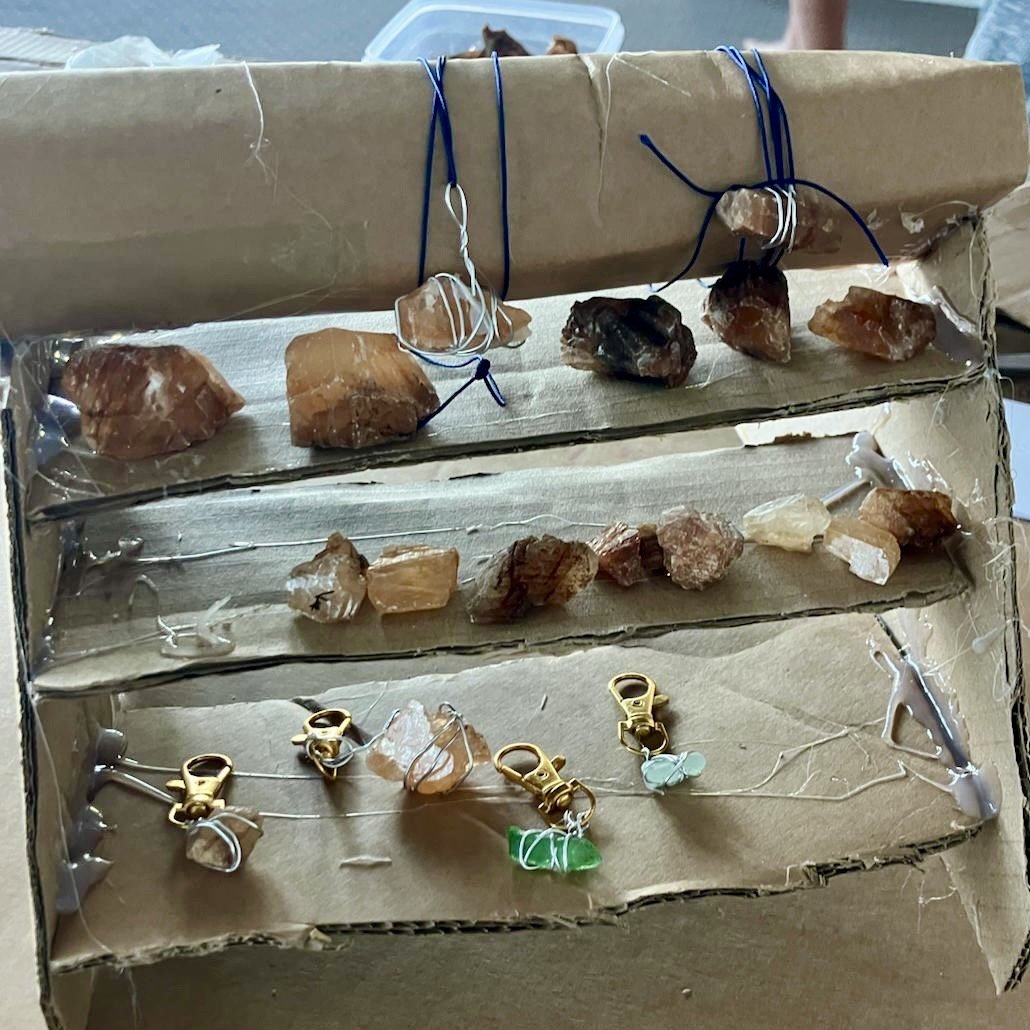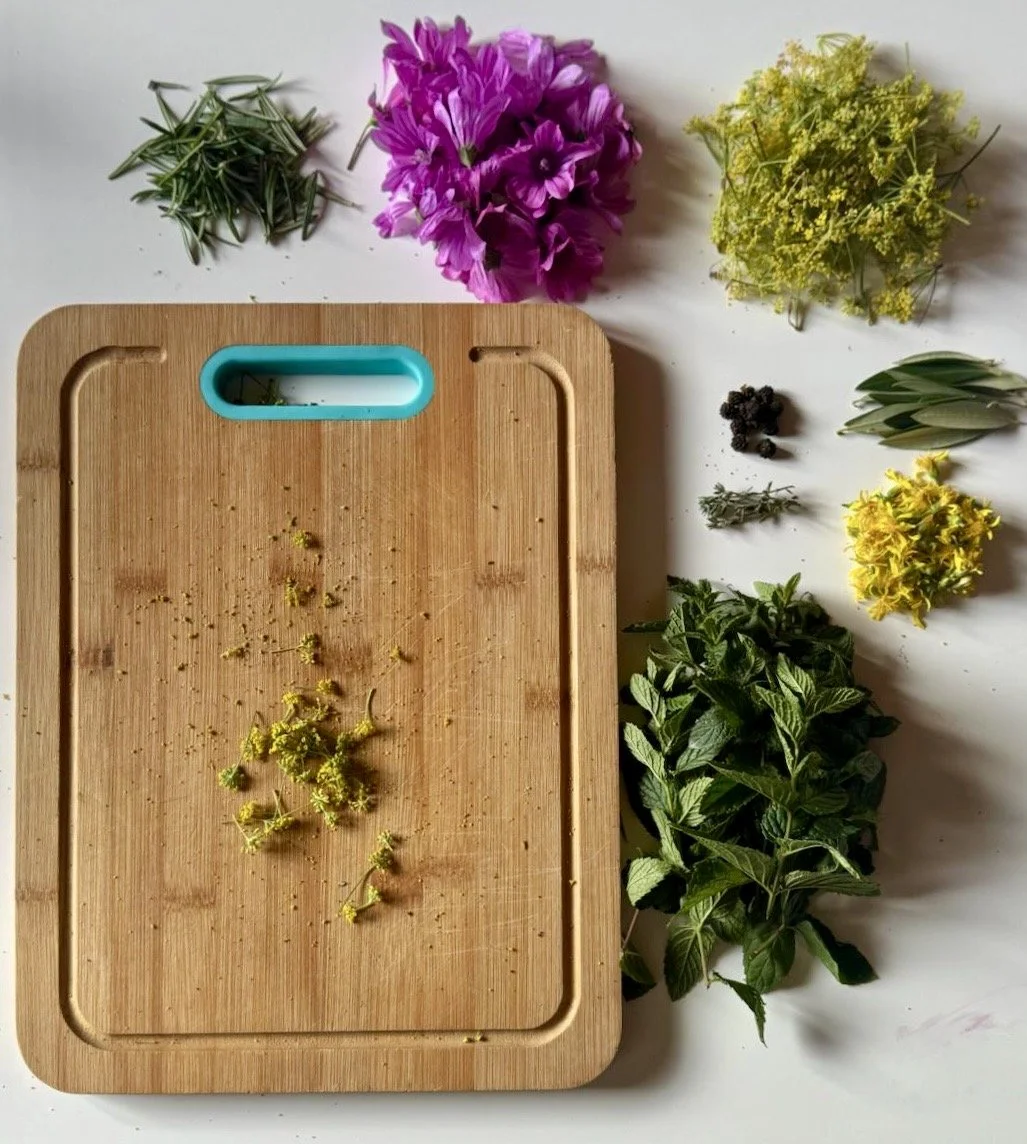
Summer Enrichment
Themes
The summer program at The Field School of Hvar has four concurrent themes: Growers, Makers, Explorers, and Healers. Each of these programs combines skill-development, unforgettable encounters with nature and Mediterranean culture, and open-ended projects where young people can exercise agency and leadership. Children attending multiple sessions will have the opportunity to explore the island and themselves in different ways. Each track includes lots of time in nature study and on the sea every day. Everything that learners do contributes to the development of a real and lasting regenerative ecosystem on Hvar.
Early learners (ages 3 and 4) will make daily visits to the Field Garden, where they will learn all about regenerative agriculture through tending their own plants from seed to harvest. Expect daily stories of biology and ecology, getting friendly with bugs, cooking up our own compost and other inputs, as well as wild plant walks in the orchard, vineyard, and forest which surround our land.
growers
Makers will run their own upcycle and repair shop drawing on natural materials and the island’s deep heritage. With an emphasis on textiles, learners will forage natural dyes and fibers. They will sew, weave, pattern, and mend while adapting folk motifs to their own sensibility. Like the “Healers” track, Makers centers on material literacy, social entrepreneurship, design thinking, lifecycle engineering, and circular economics.
makers
Explorers will immerse in the incredible nautical heritage of Hvar by building their own models of historic vessels using found and upcycled materials. Most days will include both a culture module and a related physics experiment as learners test their boats and develop their storytelling. Learners in this track will also gain carpentry skills and help build a real wooden boat, which will join Field’s fleet of no-carbon craft.
explorers
Healers is a deep dive into the “edible island,” exploring wild and cultivated plants through the lens of medicine, culture, and tasty treats. Expect to harvest salt, sun-dry seasonal fruits and vegetables, forage tea, catch and preserve fish, and distill wild herbs into tasty sodas. Favorite recipes, drawings, and reflections will be gathered into a regenerative cookbook and snack emporium.
healers
Calendar
Visible only on desktop.
Early YearsYoungest PrimaryMiddle PrimaryOldest PrimaryPreteen and TeenSession 1Growers
Explorers
Healers
Growers
Makers
Makers
Healers
Makers
Session 3Healers
Growers
Healers
Makers
Explorers
Explorers
Healers
Makers
Makers
Growers
Growers
Explorers
Explorers
Makers
Session 4Session 2Session 5Explorers
General Information
Schedule
The Field School is a drop-off program. It runs 35 hours per week, Monday through Friday. Children bring their own meals or parents can purchase a boxed lunch.
In summer, the program begins at 2pm and ends at 9pm. This schedule aligns with the rhythms of the season in the Mediterranean: avoiding the heat of the day, operating while cultural sites are open, and wrapping up as the piazza and riva come to life. Families usually stay out late, sleep late, swim, have a large lunch, and then rest in the morning and midday.
Typical Summer Day
A typical day begins at 2pm with an all-school circle, where we sing a Croatian song. Learners then go into smaller, age-based groups with their Guides. Students check in and Guides present the day’s topic through storytelling or a short tutorial.
Groups head outdoors as soon as possible to swim, record observations about wild plants and animals in their nature journals, perform plays or practice crafts, and more. In the evening, all groups take some time for dinner, including words of gratitude and clean-up.
The evening is spent working towards a project, which could be a performance, a friendly competition, or a mini social enterprise. Past projects have included a 20-minute production of Shakespeare’s Tempest, a wacky boat regatta, and a home-made, learner-led banquet for the entire school community.
The evening is also a time when learners visit cultural attractions, such as museums and archaeological sites, which are only open later in the day.
All children have a weekly field trip, such as an all-day hike, boat trip, or excursion to a nearby town. Fridays end in a school assembly: the first Friday of each session is shorter, the second Friday is usually the culmination of the project: a performance, demonstration, pop-up market, or similar.
In summer 2026, each session will have a different theme, which will shape the project in that session. Themes and their lead practitioners will be announced in January. Themes could include ceramics, sailing, sketching in nature, or mountaineering.
Ages & Ratios
The Field School of Hvar serves a maximum of 45 children from age 3 to 14 in the summer.
Early Years serves 6 children ages 3 to 4 with one Guide. Children must be potty-trained. Parent attendance is optional and based on the child’s comfort with separation.
Three Lower Primary sections serve 24 total children ages 5 to 10.
The youngest lower primary group (usually Kindergarten age) are in a ratio of 6 children to 1 guide.
The middle group (generally first and second grade) are in a ratio of 8 children to 1 guide.
The oldest group (generally third and fourth grade) are in a ratio of 10 children to 1 guide.
Upper Primary serves 12 children ages 11 through 14. This program is only available in Session 3 ( July 11 - 25) and during the academic year.
Drop-off and Locations
Drop off is at the Field School’s Learning Center in the Fontana Resort (see more about accommodations). It is a 220sm classroom with a wraparound terrace overlooking the sea. There is a coworking space for parents adjacent to the Learning Center.
The Field School mostly takes place outside on beaches, forests, orchards, and in our local villages. It is important that both children and parents are comfortable with natural environments, including insects, water, rocks, and weather.
Field trips take place in beaches, farms, and historical sites that are not within walking distance of the Fontana. The Field School works with trusted transportation partners for water and ground transportation.










